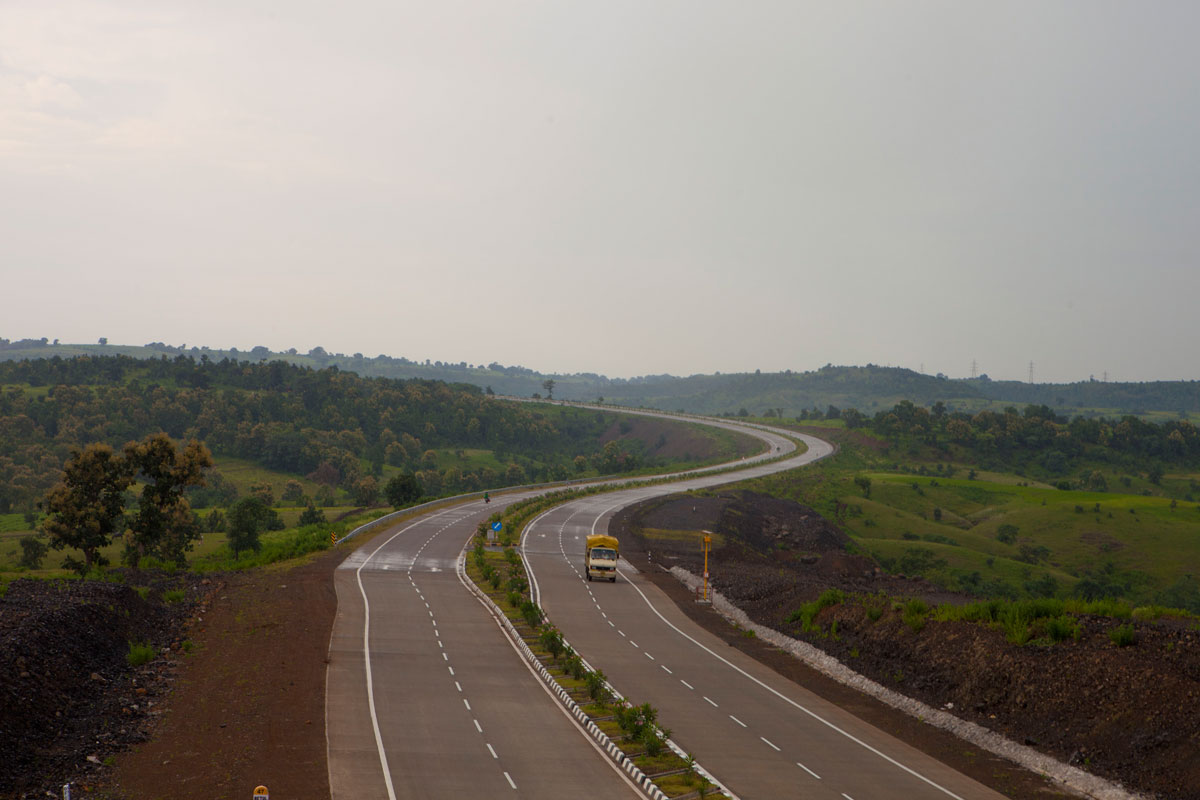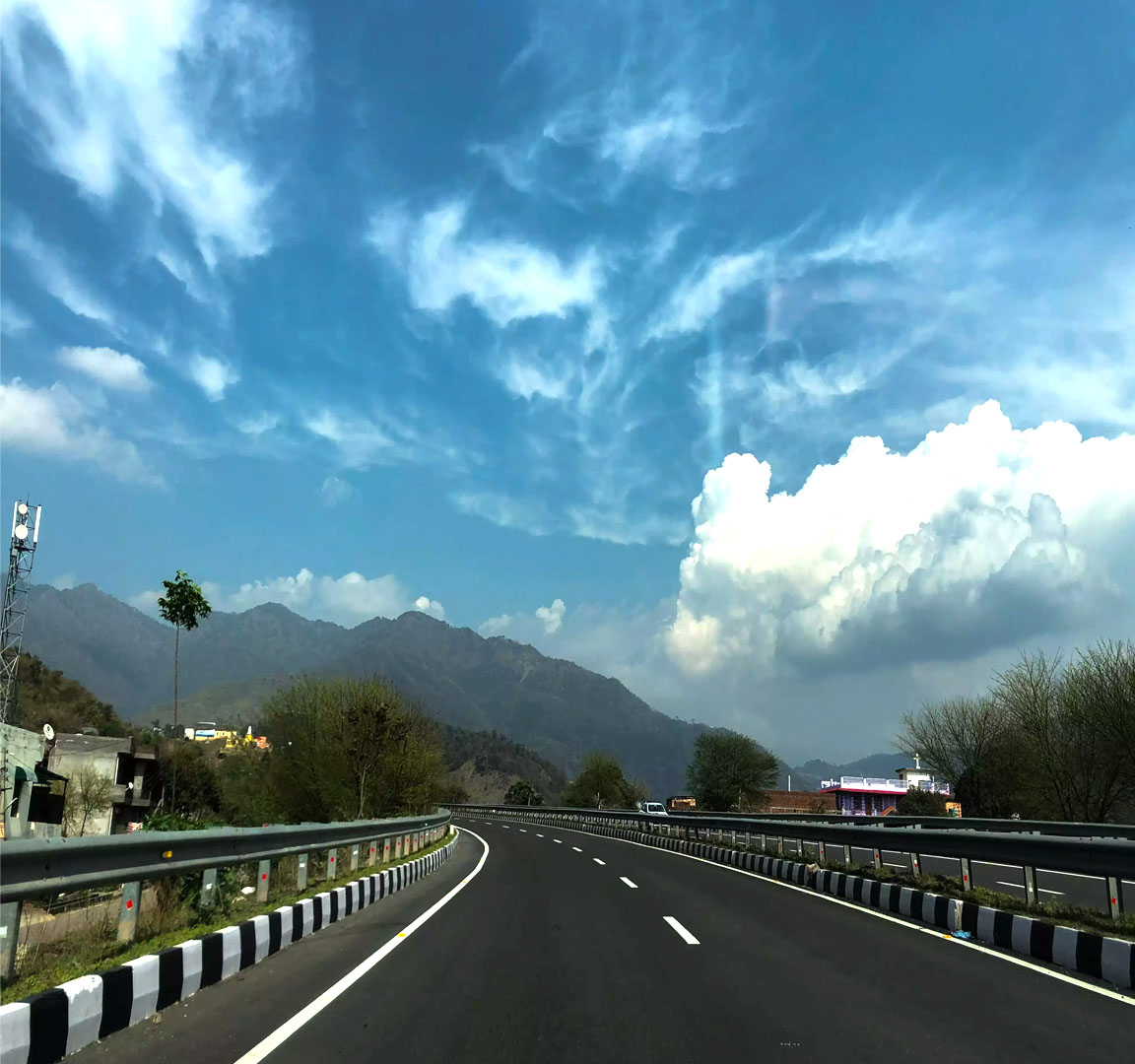Sustainability and EHSS
OIT is committed to provide a quality conscious customer service that contributes to the success of its customers, meeting or exceeding their requirements and expectations. This is accomplished by the consistent application and continual improvements of Quality Management, Environment, Health, Safety and Social (QEHSS) Development Management System throughout the organization.
Oriental InfraTrust (OIT) and Oriental Structural Engineers Private Limited (OSEPL) adopted a Health, Safety and Social (EHSS) Policy in June 2019 as part of its commitment to sustainability and have established an Environment and Social Management System (ESMS) to manage EHSS aspects in its business.


The ESMS provides policies and procedures with respect to:
- EHSS risk assessment for life cycle of its road assets (planning, construction, operation and maintenance phases)
- Risk management
- Employee and management training
- Contractor safety management
- Health and safety monitoring and enforcement
- Community wellbeing and safety of road users
- Emergency preparedness and response
Oriental InfraTrust, OIT Infrastructure Management Limited (OIML) and their SPVs are ISO certified (by TUV SUD Asia Pvt Ltd) and have a robust system for implementing Integrated Management System (IMS) comprising ISO 9001:2015(Quality Management), ISO 14001:2015 (Environment) and ISO: 45001:2018 (Occupational Health and Safety). For its continual improvement in ESMS implementation, OIT conducts annual Internal and Third Party EHSS Compliance Audits.
Further, the procedure for systematically managing the EHSS risks includes a step-by-step process that includes following:
- Preliminary EHSS Risk Screening
- Pre-acquisition Environment and Social Due Diligence (ESDD)
- Implementing Environment and Social Action Plan (ESAP) for each road asset
- Preparing Supplementary Environment and Social Impact Assessment (if required)
- Post Investment Integration and Change Management
- Monitoring as well as Disclosure and Reporting


The OIT and OSEPL have a QHSE team that has relevant experience and capabilities at both Corporate and Site level. The team holds regular training programmes on EHSS for employees and contractors, organizes road safety events and tree plantation drives and has been providing humanitarian aid to migrant labours returning back to their villages during the Lockdown due to Covid-19 pandemic.
OIT is in the forefront of adopting Good Industry Practices in managing impacts on wildlife. It has prepared a Biodiversity Action Plan for Nagpur-Bypass road that passes through Pench Tiger Reserve in Maharashtra. While the road has made commute easier for humans, the wildlife underpasses on this stretch ensure safe movement of wildlife across the road. Wildlife Trust India (WTI) is monitoring the use of these wildlife passes through camera traps. Wildlife underpasses in Pench remain first such experiment in India, where mitigation measures are being taken along-with construction of efficient roads that meet human transportation needs
